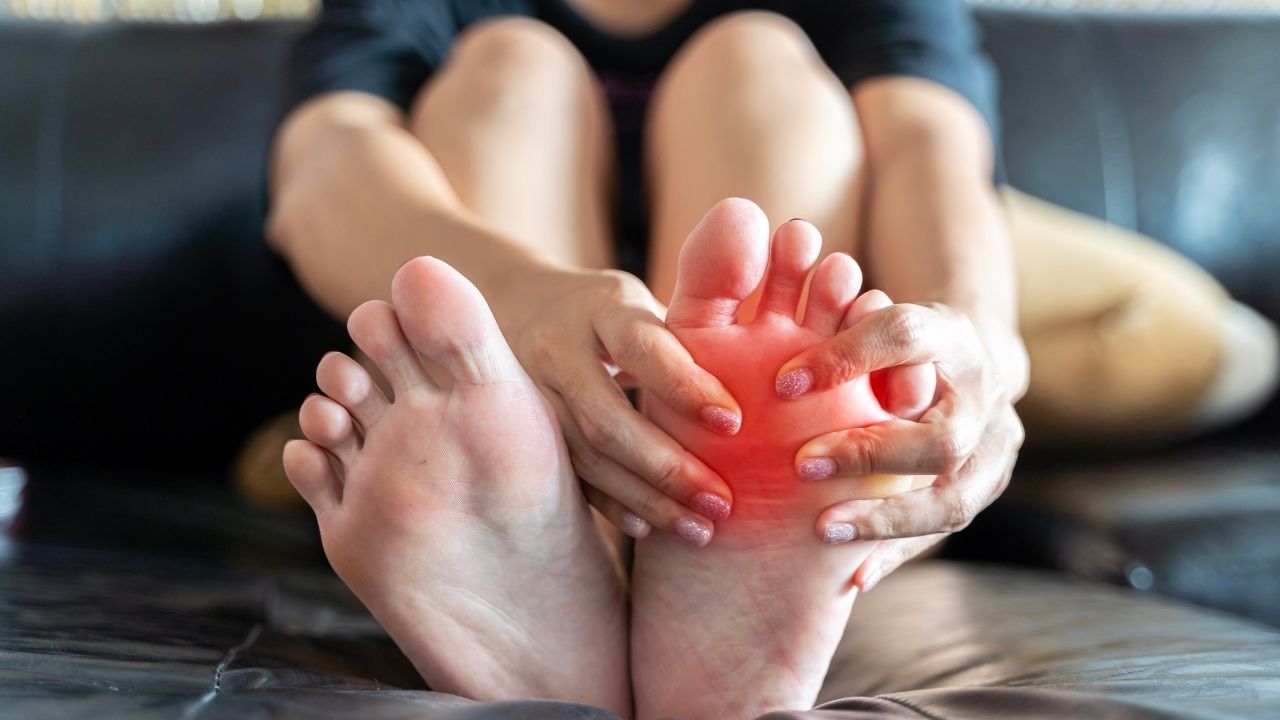If you or someone you know is experiencing urinary incontinence, it is advisable to consult with a healthcare professional, and for those in the Ambala area, seeking guidance from the best urologist in Ambala can provide valuable insights and specialized care to address this concern.
Causes:
Bladder control issues in women can stem from various factors, including:
- Pregnancy and childbirth: The pelvic floor muscles can weaken during pregnancy and childbirth, leading to stress incontinence (leakage during coughing, sneezing, or laughing).
- Menopause: Changes in hormone levels during menopause can contribute to urinary incontinence.
- Aging: As women age, the bladder muscles may weaken, resulting in urge incontinence (a sudden and intense need to urinate).
- Obesity: Excess weight can put pressure on the bladder, leading to urinary incontinence.
- Urinary tract infections: Infections can irritate the bladder and cause temporary incontinence.
- Neurological disorders: Conditions such as multiple sclerosis or stroke can affect the nerves that control bladder function.
Diagnosis:
If a woman experiences bladder control issues, it’s crucial to seek medical evaluation for proper diagnosis. A healthcare provider will typically conduct a thorough medical history and physical examination, including a pelvic exam. Other diagnostic tests may include:
- Urinalysis: To check for signs of infection or other abnormalities in the urine.
- Bladder diary: Recording the frequency and volume of urination, fluid intake, and instances of incontinence can help identify patterns and triggers.
- Ultrasound: To assess the bladder and check for any abnormalities.
- Urodynamic testing: This assesses how well the bladder and urethra store and release urine.
Treatment:
The treatment for bladder control issues depends on the type and severity of incontinence. Common treatment options include:
- Lifestyle changes: Managing fluid intake, avoiding bladder irritants (such as caffeine and alcohol), and maintaining a healthy weight can improve bladder control.
- Pelvic floor exercises: Kegel exercises can strengthen the pelvic floor muscles, especially effective for stress incontinence.
- Medications: Certain medications, such as anticholinergics, can help manage urge incontinence.
- Biofeedback: This technique helps individuals become more aware of their body’s functions and gain better control over their pelvic muscles.
- Electrical stimulation: Mild electrical pulses can stimulate and strengthen the pelvic muscles.
- Medical devices: In some cases, a healthcare provider may recommend using a pessary (a device inserted into the vagina to support the bladder) or a urethral insert to manage incontinence.
- Surgery: For severe cases, surgical procedures may be considered to correct anatomical issues or provide additional support to the bladder.
Bladder control issues in women are a prevalent and treatable condition that should not be disregarded. It is crucial to seek medical evaluation and diagnosis to identify the underlying cause of the incontinence and establish a suitable treatment plan. Through lifestyle adjustments, pelvic floor exercises, medications, or other interventions, women can successfully manage bladder control issues, enhancing their overall quality of life. If you or someone you know is grappling with bladder control problems, it is advisable to promptly seek medical advice and support, particularly from the best urologist in Ambala, for appropriate management and care.





